15 Ways People Easily Waste Money At The Grocery Store

Grocery shopping and cooking are effective ways to save money compared to eating out. However, it is common for people to overspend at grocery stores without even realizing it. Today, we will discuss how people waste money when shopping at the grocery store. Let’s dive right in!
1. Shopping Without a List

Not having a shopping list can lead to impulse purchases, leaving you with a cart full of items that don’t add to complete meals for the week. Lists help you stay focused and avoid overspending.
2. Only Buying Brand Name Products
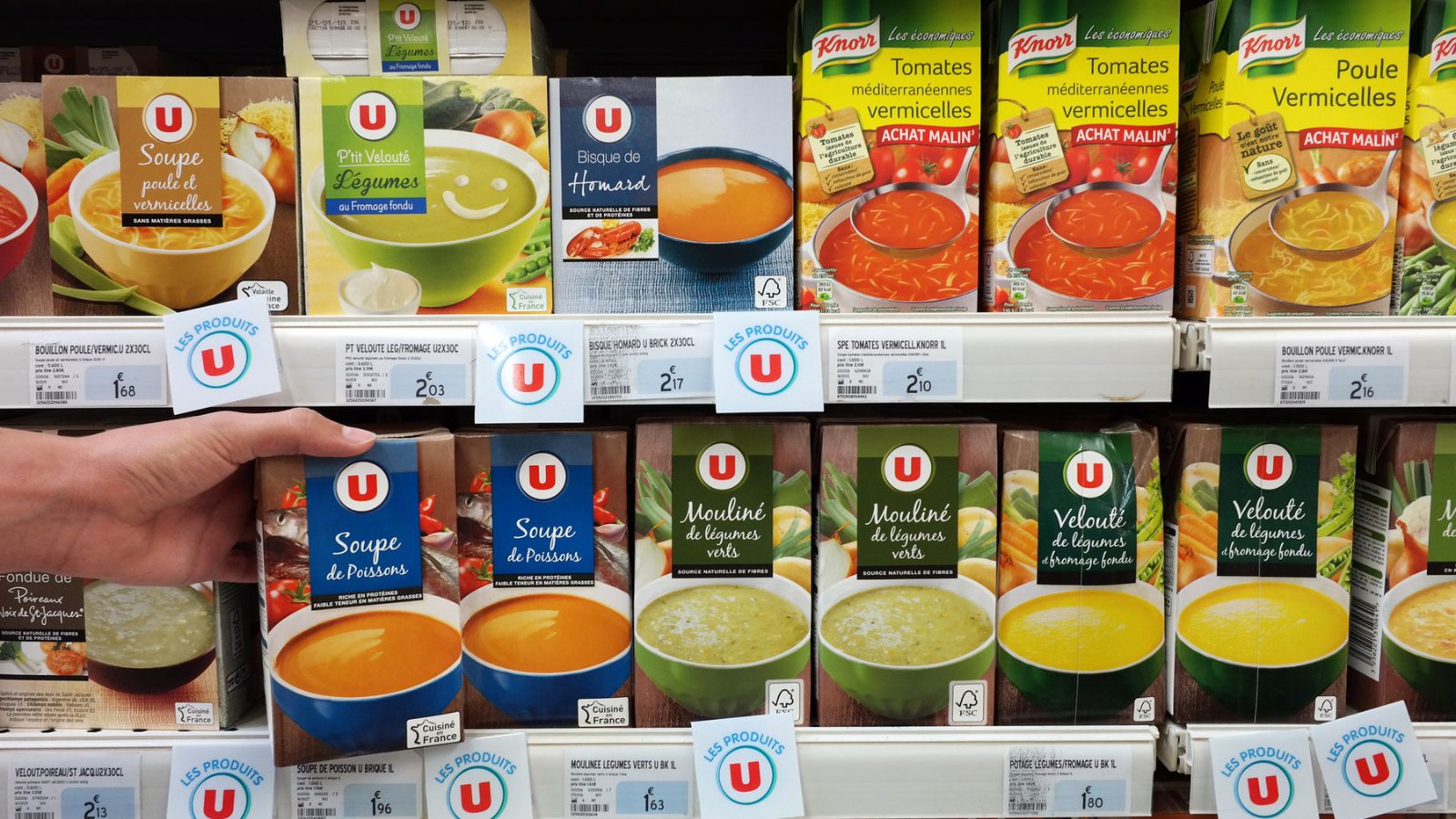
While brand loyalty is common, opting for store brands can yield significant savings, often around 25%. Remember, some store brands are equivalent or even superior in quality to their more expensive counterparts.
3. Not Buying Items on Sale

Sales and discounts are an easy way to reduce your grocery bill. Stock up on non-perishables or items you use often when they’re on sale.
4. Only Shopping at One Store

Diversifying your shopping destinations can lead to substantial savings. Different stores often have various price points and promotions, so exploring alternatives like warehouse clubs, dollar stores, and discount supermarkets can help you find better deals.
5. Not Using Coupons
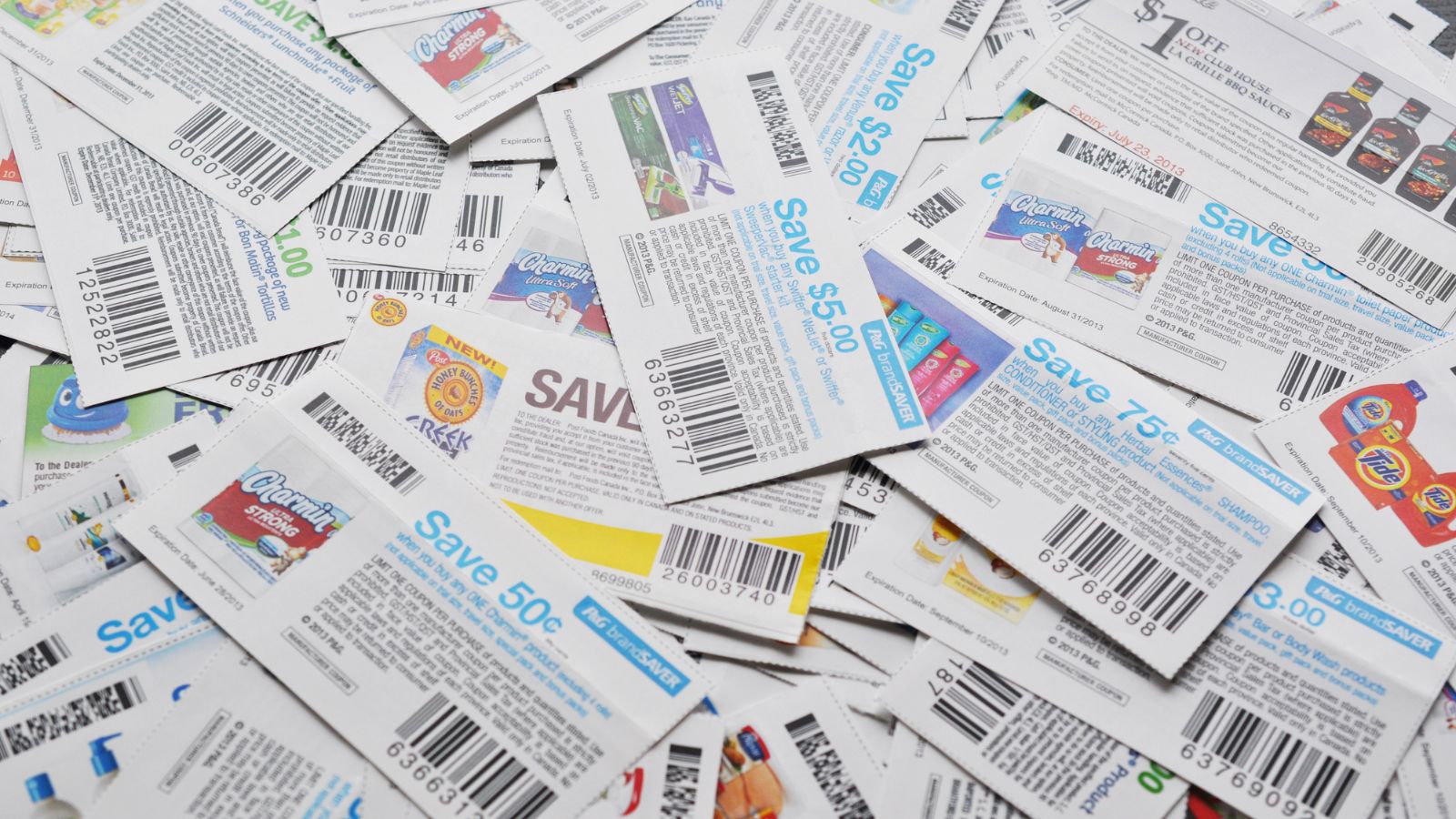
Coupon apps and digital coupons conveniently save money without clipping physical coupons. Many stores offer loyalty programs with digital coupons accessible through their apps.
6. Buying Prepared Foods
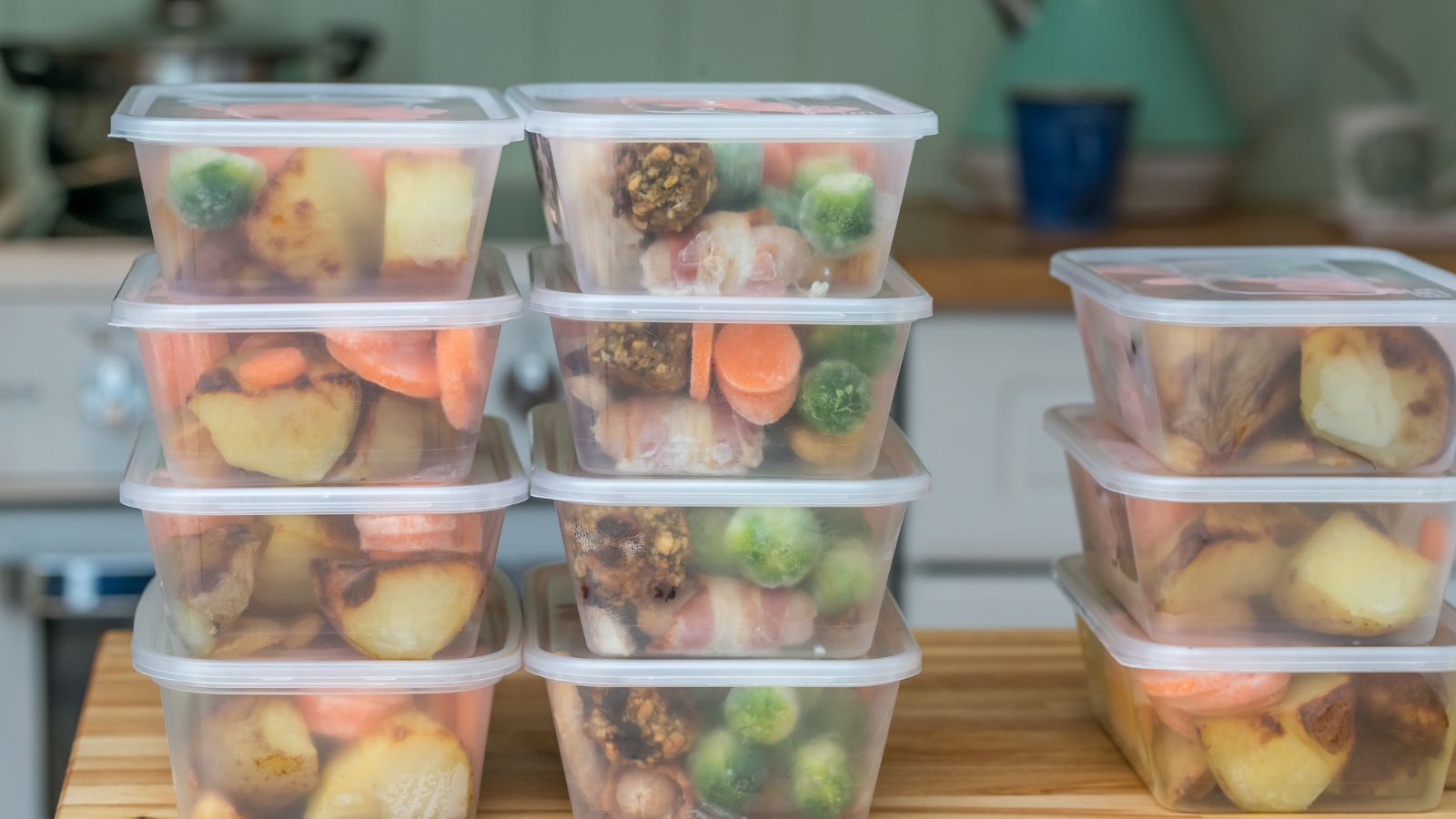
While pre-made meals are convenient, they can come with a steep markup. Purchasing raw ingredients and cooking at home is more cost-effective and allows you to control ingredients and portion sizes.
7. Not Buying in Bulk

Bulk buying is especially advantageous for frequently used items like meat, toilet paper, coffee, and olive oil. It often comes with a lower cost per unit and can save you money in the long run.
8. Buying Food They Already Have at Home

Before shopping, take inventory of your pantry, fridge, and freezer to avoid purchasing items you already possess.
9. Not Buying Soon-to-Expire Products

Discounted soon-to-expire items are often perfectly fine for immediate consumption or can be frozen for later use. Doing so is a great way to save on perishable goods.
10. Buying Fewer Plant Foods
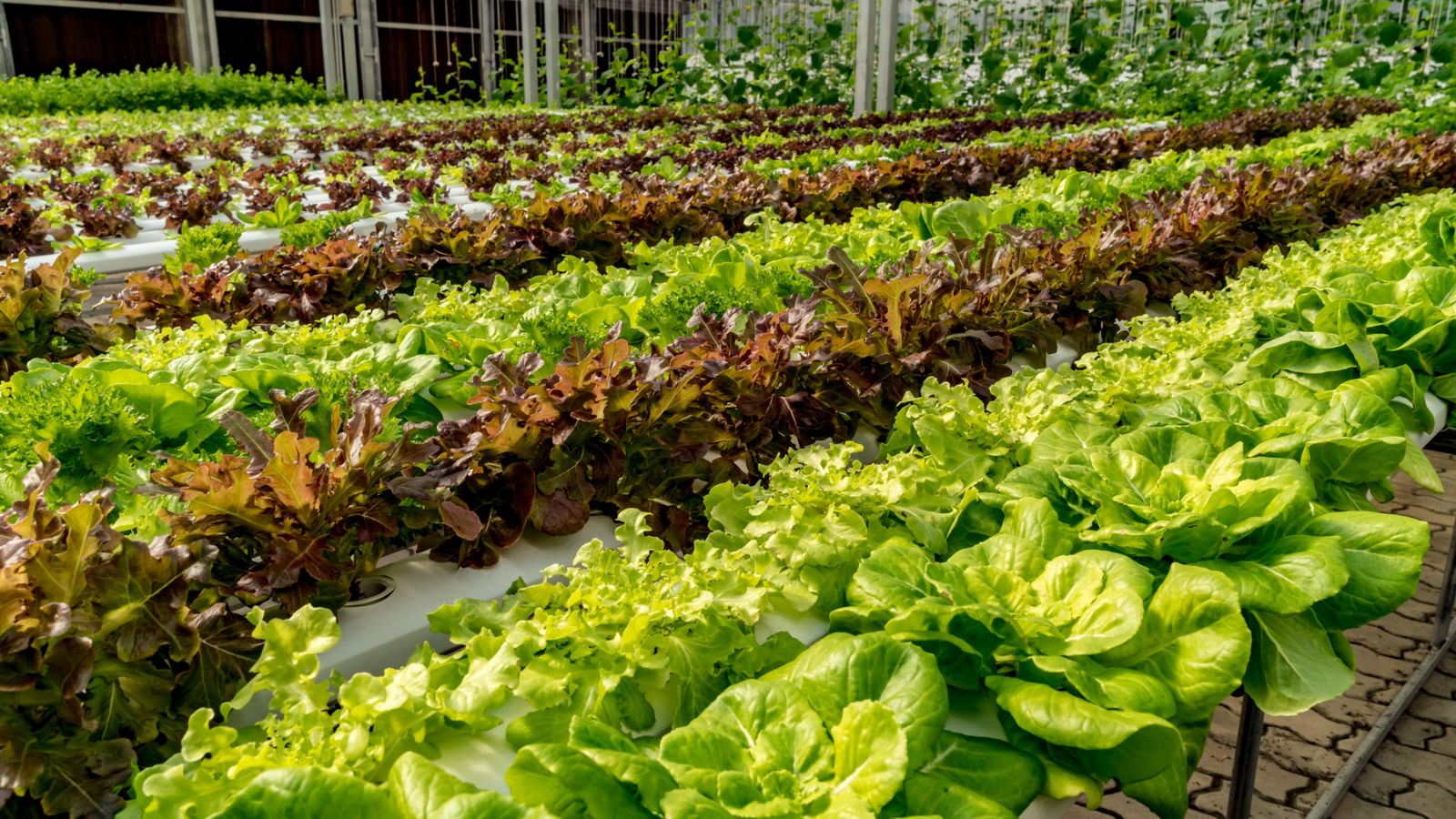
Incorporating more plant-based foods into your diet is both budget-friendly and environmentally sustainable. Vegetables and grains are often less expensive than meat.
11. Not Studying the Seasons of Groceries

Seasonal ingredients are usually fresher and less expensive. Building your meals around what’s in season can save costs and reduce food waste.
12. Not Using Store Apps
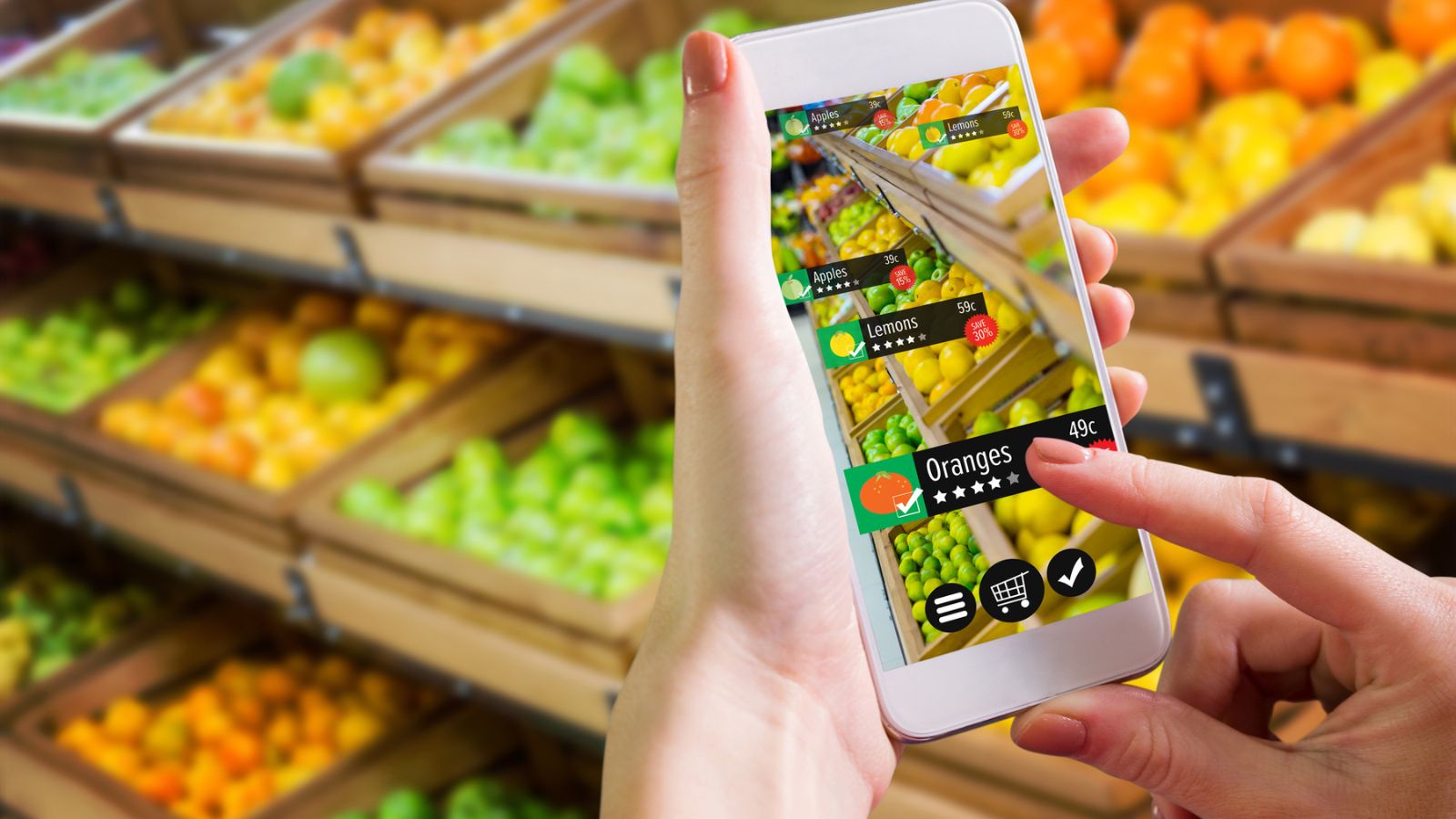
Many grocery stores have dedicated apps that provide information about discounts, deals, and promotions. These apps make it easier to save without the hassle of paper coupons.
13. Shopping on Crowded Days

Avoiding peak shopping periods can lead to a more efficient and focused shopping experience. Fewer crowds mean less impulse buying and more attention to your shopping list.
14. Not Paying Attention to Unit Prices

Unit prices (price per unit or ounce) help you compare the actual value of products, especially when buying in bulk. Check unit prices to ensure you’re getting the best deal.
15. Going to the Store Hungry

Shopping on an empty stomach can lead to impulse purchases of unhealthy, expensive snacks and items you don’t need. Before shopping, eating a meal or snack can help you make more rational choices and stick to your budget.
50 Super Simple Side Hustle Ideas

50 Super Simple Side Hustle Ideas (& How to Make Them Work)
10 Frugal Lessons I Learned From Being Flat Out Broke

10 Frugal Lessons I Learned From Being Flat Out Broke
How To Make Money Without a Job

How To Make Money Without a Job
Creative Ways To Make Money

20 Easy Ways to Raise A Credit Score Fast

Read More: 20 Easy Ways to Raise A Credit Score Fast
Frugal Living Tips: The Essential Guide To Start Saving Money

Frugal Living Tips: The Essential Guide To Start Saving Money






